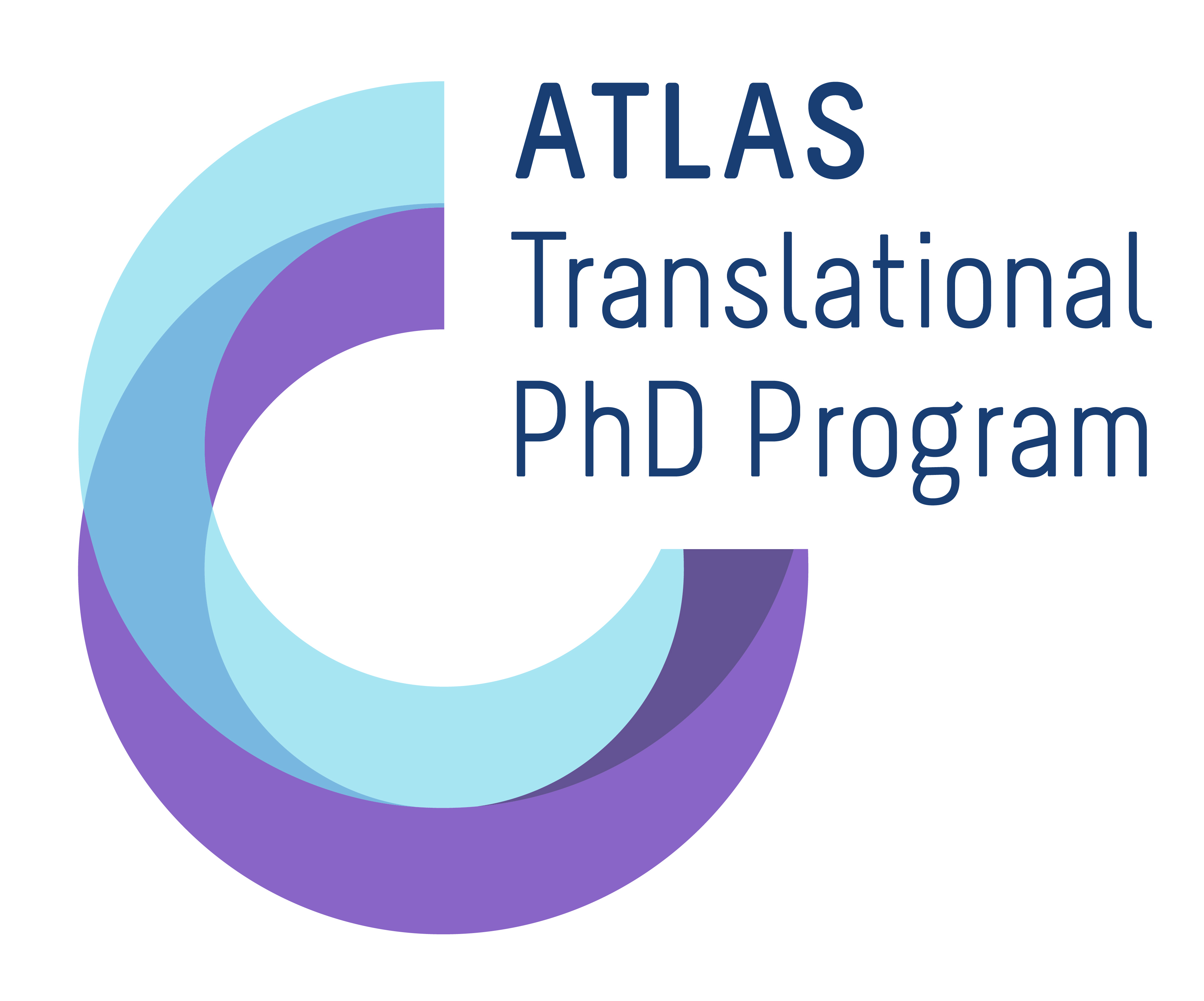Scientific background
Sarcomas are a rare and diverse group of malignant tumors originating from mesenchymal progenitor cells and comprise more than 150 different subtypes. Despite conventional treatment approaches such as surgery, chemotherapy and radiation, many patients develop advanced metastatic disease with dismal prognosis. To address this therapeutic challenge, various immunotherapeutic approaches have been explored as potential treatment options for sarcomas. In this line, PD-1/PD-L1 immune checkpoint inhibitors (ICIs) and adoptive cellular therapies targeting cancer testis antigens or fusion proteins offer great potential. However, clinical studies investigating ICIs across a broad range of soft tissue sarcoma (STS) subtypes have reported limited efficacy. The limited effectiveness of immunotherapy in sarcomas may be attributed to the fact that the majority of sarcomas are considered as immunologically "cold" tumors with sparse immune infiltration. Although some patients with certain sarcoma subtypes have demonstrated remarkable responses to ICIs, more effective strategies are needed to enhance the therapeutic efficacy across various sarcoma subgroups. In this context, proinflammatory cytokines/chemokines offer significant promise. These soluble mediators can strengthen the anti-tumor immune response and some of them are currently being evaluated in clinical trials.
PhD project description
The project aims to develop novel immunotherapy strategies for sarcoma patients by utilizing mRNA-encoded cytokines and chemokines, to modulate the tumor microenvironment (TME) and enhance anti-tumor immune responses. To investigate this approach, we will use ex vivo tissue slice culture models of human and murine sarcomas. The PhD candidate will use different immunological methods such as high-dimensional flow cytometry, multiplex immunofluorescence, immunohistology staining and single-cell RNA sequencing to characterize the effects of mRNA-encoded cytokines on the TME both ex vivo and in vivo. Furthermore, the PhD candidate will assess the anti-tumoral effects of mRNA-encoded cytokines in combination with ICIs (or radiation/ chemotherapy) in both models.
Required profile of the candidate
The ideal candidate should have:
A background in immuno-oncology
Experience with flow cytometry
Experience with tissue-based assays, such as immunofluorescence or immunohistochemistry
First experience with in vivo work using mouse models (as a plus)
We are looking for a highly motivated and curious candidate with a strong interest in translational cancer immunology and a passion for exploring innovative mRNA-based therapeutic strategies.
Join our multidisciplinary research team and help shape the future of personalized immunotherapy for sarcoma patients!
Publications relevant to the project
Hotz C, Wagenaar TR, Gieseke F, Bangari DS et al. Local delivery of mRNA-encoded cytokines promotes antitumor immunity and tumor eradication across multiple preclinical tumor models. Sci Transl.Med.13,eabc7804(2021).DOI:10.1126/scitranslmed.abc7804
Dalal, S.; Shan, K.S.; Thaw Dar, N.N.; Hussein, A.; Ergle, A. Role of Immunotherapy in Sarcomas. Int. J. Mol. Sci. 2024, 25, 1266. https://doi.org/10.3390/ijms25021266
Petitprez, F., de Reyniès, A., Keung, E.Z. et al. B cells are associated with survival and immunotherapy response in sarcoma. Nature 577, 556–560 (2020). https://doi.org/10.1038/s41586-019-1906-8
